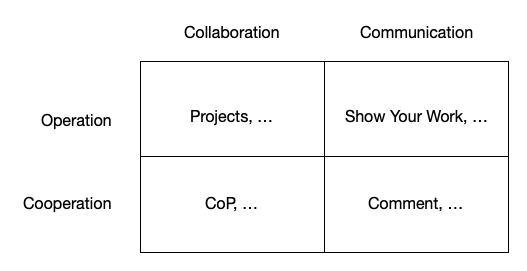In an earlier post, I made a defense of cognitive psychology (really, to me, cognitive science, a bigger umbrella). And, previously, the case for learning science. And I’m coming at learning science again, with a personal interest.
Learning science is an interdisciplinary field, including cognitive science, educational psychology, and more. Having emerged relatively late, it’s now finding a solid footing with a unified approach to looking at how we learn, and how to facilitate it.
Most importantly, having this knowledge is critical for those who practice learning. In fact, I’ve railed against learning malpractice, and that’s a legitimate concern. We, should, as professionals, have a solid basis for our decisions. Just as you wouldn’t want your doctor not to know biochemistry and biophysics, and your electrician not to understand voltage and current, you similarly should want your instructional designers to understand how learning proceeds.
Yet, sad to say, it’s not the case that what we see in practice is well-grounded in what learning science tells us. Such that several of us banded together to prescribe what should be done!
It goes beyond courses, of course. We shouldn’t be using courses when job aids will suffice, as cognitive science tells us. (Our brains are bad at remembering rote, abstract, arbitrary, and voluminous information.) We should be facilitating informal learning as well.
All of this, done right, depends on understanding learning science, again. Seriously, everything that L&D does largely boils down to knowing how our brains work. And the better we know it, the better we can make decisions. This includes avoiding myths, buying platforms and services, designing experiences, facilitating learning, and more.
So what can you do? There are a fair bit of resources out there already. I’ve created a reading list. I’ll have more to announce soon. I can also announce that I’ll be running a learning science (er, effective learning strategies) workshop, through HR.com. It’s a five week session, starting Oct 21. Cog Sci 101, learning artifacts, social/emotional/cultural, I’ve tried to give a good coverage. I believe, as the first one, it has a ‘pilot’ pricing! Whether I see you there or not, I hope you do ensure a good basis for your practice.
